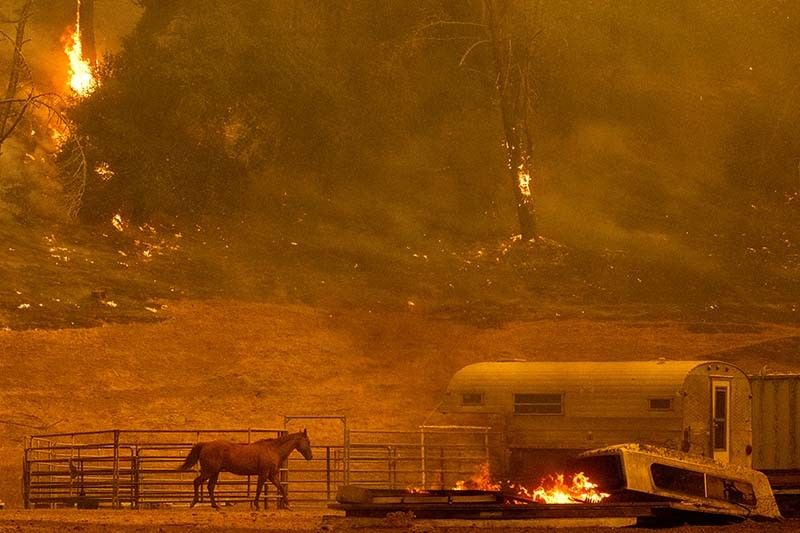UN Human Rights Council takes on climate crisis

GENEVA, Switzerland — The UN Human Rights Council plunged into the climate crisis on Friday, recognizing the right to a clean environment and creating a special rapporteur on protecting rights threatened by climate change.
The United Nations' top rights body agreed a resolution on the human right to a clean, healthy and sustainable environment, just weeks ahead of the COP26 summit.
It also agreed to appoint an expert on the promotion and protection of human rights in the context of climate change.
The rapporteur will be tasked with identifying how the adverse effects of climate change affected the full enjoyment of human rights, and making recommendations on how to prevent those effects.
The expert, with a three-year mandate, will have to report annually to the Human Rights Council and to the UN General Assembly in New York.
Forty-two countries on the 47-member council in Geneva backed the resolution creating a rapporteur.
Russia voted against it, while China, India, Japan and Eritrea abstained.
The resolution was proposed by the European Union, the Marshall Islands, the Bahamas, Fiji, Sudan, Panama and Paraguay.
In a joint statement, they welcomed the council's increased focus on the rights implications of climate change.
"Climate change is already having negative effects on the enjoyment of human rights across the globe and these effects are more acutely felt by persons in vulnerable situations," they said.
"The UN human rights system can and should be in a position to provide its contribution on such a critical topic at such a critical juncture."
'Strong' message to COP
EU ambassador Lotte Knudsen said it sent a "strong signal" ahead of the COP26 summit, the UN Climate Change Conference, which is being held in Glasgow from October 31 to November 12.
"The Council's decision today has given those of us at the forefront of climate change the opportunity to deal with the existential threats that we have been concerned with," said the Marshall Islands' ambassador Doreen de Brum.
A second resolution, which "recognizes the right to a clean, healthy and sustainable environment as a human right", was adopted by 43 votes to zero, with four abstentions: China, Russia, India and Japan.
It said such an environment was "critical to the enjoyment of all human rights".
"Environmental degradation, climate change and unsustainable development constitute some of the most pressing and serious threats to the ability of present and future generations to enjoy human rights, including the right to life," the resolution said.
- Latest
- Trending
































